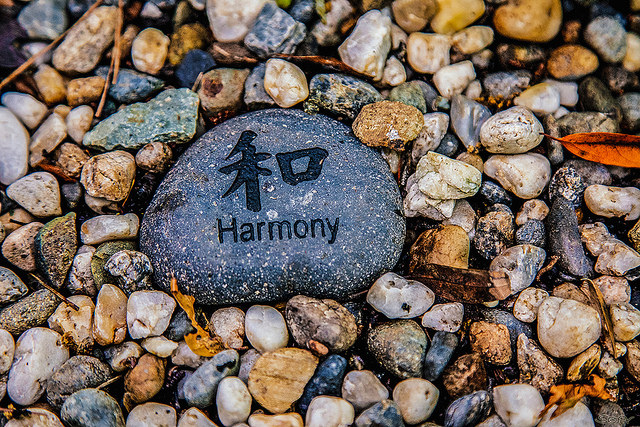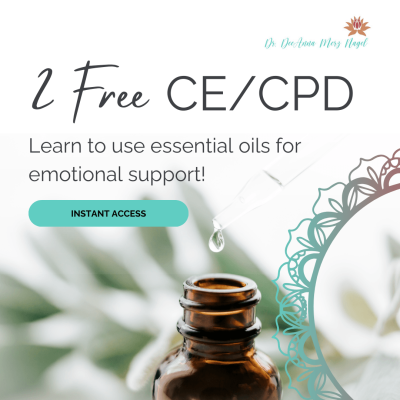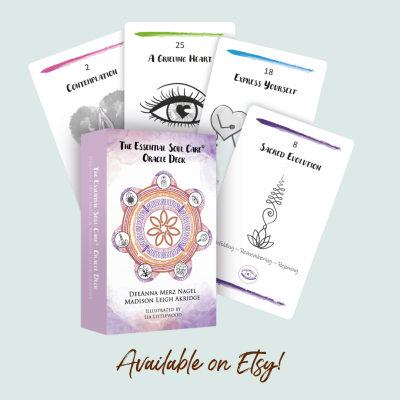People change. Relationship transitions are not uncommon.
“It is what it is” is not what it was or what it will be. We know this yet we enter into relationships and friendships expecting things to remain the same. We expect that love is constant and unconditional and we forget the human factor.
Of course the challenge becomes apparent when one partner or friend shifts or changes and the other doesn’t. This may be due to personal growth, or new-found hobbies or vocation. On the flip side, the challenge may arise due to one’s propensity to feed an addiction or because childhood trauma was left unresolved. Perhaps a disability or illness either was acquired or became worse or maybe deep grief and loss changed the person’s life experience. Whatever the reason- whether perceived positively or negatively, we can count on change.
Adult Developmental Stages
No matter the shift, what can keep bonds from breaking is being aware that shift happens. It just does. We don’t talk about this enough. People marry expecting their spouse to remain the same for the next 20, 40, 60 years. And yet we know that adult developmental stages dictate something much different. And of course, we don’t all go through these stages at the same time or in the same way. While most of us maintain our core values, we also tend to move toward and away from those core values at different times in our life. And sometimes, our life experience changes what we value and what is important. From a spiritual perspective, some people gain a sense of belonging and purpose and grow to believe in something greater than themselves, while others fall into a void and experience a spiritual wilderness. Few people remain constant with their spiritual beliefs and pursuits throughout life. There are fertile periods and periods of spiritual drought. When this happens, relationships and friendships can be affected too.
Common Ground
So what happens when you wake up one day suddenly wanting something (or someone) different? What happens if one day you wake up to such a declaration from someone you love? Stay intentional and mindful. Remember that people change. Love may exist but love too changes form and purpose. Romantic love may transition to deep caring. A friendship may blossom into romance. “I don’t love you anymore” is rarely a true statement. The love may have transformed and there may be feelings of anger or sadness that accompany the caring, making some situations difficult. The best thing to do is to hold out the intention for the situation to be transformed for the greater good. Both parties putting forth the same intentional and mindful thoughts create a common ground. Simple enough, but without the mindfulness to do this everyday, transitions in relationships can be very difficult, even tumultuous.
Honoring yourself and the other person means sacrificing ego for what will be in everyone’s best interest and this can be a daunting task but it is one we must hold steadfast. Think about what would happen if more people facing difficult relationship transitions did just this one thing? It means letting go of agendas and expectations, accepting the change in the other person and moving forward with grace and humility. Accepting the change does not mean the two of you will remain lovers, spouses or friends but it does mean you acknowledge the other and can be more mindful about manifesting “greater good” energy.
Essential Oils for Relationship Transitions
And you bet, “There’s an oil for that.” My favorite for relationship transitions? Young Living’s blend, Harmony. Other blends that may be helpful include Acceptance, Release and Humility. Place a drop of any of these blends over your heart chakra. “For the greater good of all” can become common ground.
When infidelity happens, it takes both to pick up the pieces…






